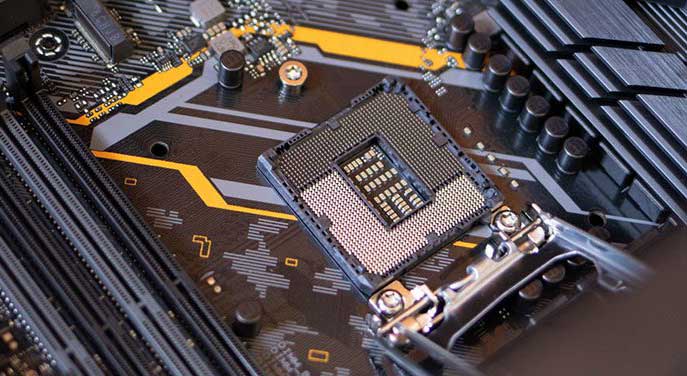 Several factors have induced Western governments and the firms they preside over to find substitute supply chains for the China-dominant ones they depend on.
Several factors have induced Western governments and the firms they preside over to find substitute supply chains for the China-dominant ones they depend on.
These factors include growing public revulsion at the repressive and persecutory policies the Chinese Communist Party has for its ethnic, religious and other minorities or critics; the increasingly aggressive expansionary moves it has made into territories or territorial waters of its neighbours; and the vindictive law enforcement and trade actions it has taken and threatens to take against foreign nationals and governments.
However, this decoupling will be neither easy nor quick.
During the COVID-19 pandemic, many nations found themselves short of the personal protective equipment (PPE), ventilators and other medical supplies that China cornered the market on just as the disease exploded.
It was also discovered that many of the products needed by hospitals were made in China, as were many of the components that go into others. China also makes many of the chemical precursors to medicines, medical instruments and some generic drugs, and other medical products.
In recent years, it has also become alarmingly apparent that China produces much of the raw material for advanced electronic, electromagnetic and opto-electronic devices. Moreover, China produces magnets for electric vehicles and wind turbines, smartphones and other telecommunications products, consumer and commercial electronic and computational devices and components for defence electronics.
These raw materials, under the umbrella name rare-earth elements, are found worldwide, but new deposits take years to prove up and bring to commercial production.
China mines about half of the world’s rare-earth elements output and refines about 80 per cent of it. The U.S., Canadian, European Union and Australian governments started years ago to encourage more exploration, development and refining of rare-earth elements in the West. However, there is still little in the way of results.
Western firms and nations are still nearly as dependent on China for these materials, key to advanced industrial production, as they were before the problem was recognized and addressed.
Exploring these minerals costs many millions of dollars. Developing the mines costs, in some cases, hundreds of millions of dollars more. Building refineries to scale to cleanly and efficiently produce concentrates usable by manufacturers can cost upwards of $1 billion.
To ensure profitability, any enterprise that builds a refinery must ensure it will have a ready market willing to take hundreds of tons of product annually. So far, few firms have been willing to commit to either building the refinery or buying the product.
If there are insufficient inventories of rare-earth elements, defence contractors and their suppliers will be unable to make the airplanes, missiles, drones and other devices, products and components used to equip armed forces that may have to confront China in disputed territories in the South China Sea or if China threatens to or actually attacks Taiwan, which it considers its territory.
Western allies could find themselves without adequate replacements for components or full aircraft, ships and other vital gear, including instruments and armaments. And in a confrontation, China can withhold the very materials Western nations require to maintain their reconnaissance and combat capacity.
Another major strategic vulnerability is in microprocessor and memory chip manufacturing. Taiwan Semiconductor, the world’s largest, most advanced maker of such chips, has large if more outdated facilities in mainland China. Other crucial ones are on China-coveted Taiwan. Only a few are in Western-allied nations. In a serious conflict with China, these vital chips will be held hostage by China.
Decoupling will be difficult. The Bank of America last year estimated it could cost the U.S. alone US$1 trillion to replicate existing investment or suppliers’ assets in China to the U.S. or its allies, but UBS found in a survey that 76 per cent of the firms it contacted were seriously considering reshoring. This is something firms are reluctant to do, just as they are reluctant to anger Beijing.
Nearly all products used by consumers, firms and governments in Western industrialized nations have at least some components made or supplied by Chinese firms. China knows that the West has limited scope to reduce its dependency on China.
While China has benefited tremendously from international trade and investment, it’s prepared to bite the hand that feeds it and has shown this hostile attitude abundantly in recent years.
Reshoring will be arduous, time-consuming and expensive. But continued dependence on China is certainly worse.
Western nations have tippy-toed around China for years and have nothing to show for it. Assertion of sovereignty and resolve in the face of tyranny and aggression is not only called for, they’re crucial – but they will be costly.
Ian Madsen is a senior policy analyst at the Frontier Centre for Public Policy.
Ian is a Troy Media Thought Leader. For interview requests, click here.
The views, opinions and positions expressed by columnists and contributors are the authors’ alone. They do not inherently or expressly reflect the views, opinions and/or positions of our publication.
© Troy Media
Troy Media is an editorial content provider to media outlets and its own hosted community news outlets across Canada.



